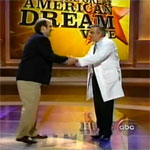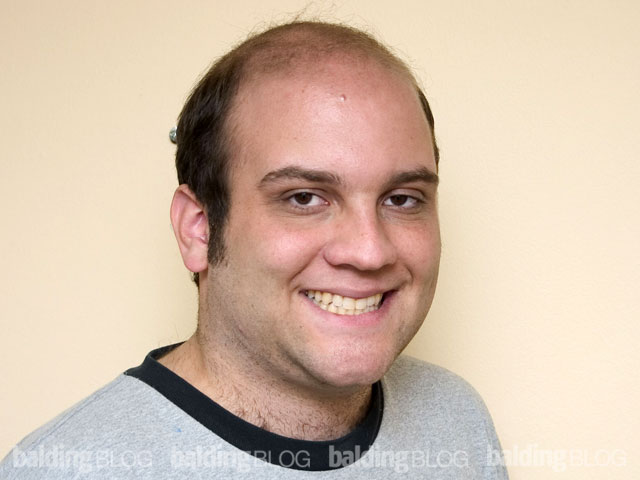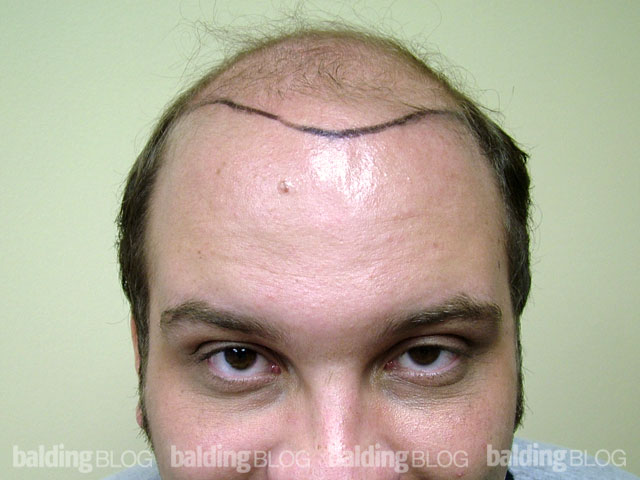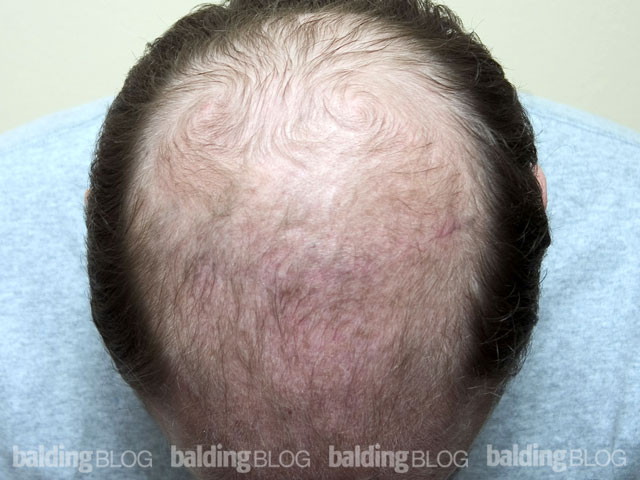Comment in response to Finasteride Induced Depression?:
I found that reply highly inadequate. It seems Rassman, as valuable a resource as he is, can say nothing bad about Propecia (or Merck or the FDA). The sensible reaction to a study that shows a statistical difference in depressive symptoms among finasteride consumers ought to be a warning to depression sufferers. I find it peculiar for a man with a scientific background to (rightly) show severe skepticism toward alternative approaches to hair loss, but to conspicuously lack such skepticism about a drug whose only safety guarantee comes from a manufacturer-funded study from a corporation that has been shown to suffer from sponsorship bias. It’s unfortunate. More could be said beyond “this problem is rare [evidence?] and this drug is totally elective.†It’s the equivalent of, You don’t like it? Don’t take it! That option is obvious. Dr. Rassman should instead state the plain truth: The health consequences of long-term finasteride use (including irreversible biological changes) are uncertain, because that cannot be established by such minimal clinical study, and therefore taking the drug is a gamble.
Read the referenced study about finasteride and depression and you’ll find very clearly that it states, “In conclusion, this preliminary study suggests that finasteride might induce depressive symptoms. Although our data suggest a slight change, the side effect should be considered specially when the medication is prescribed for patients, who are more susceptible for it.”
If someone is going to get worked up about what could amount to nothing, simply not taking the medication would be the only logical solution. I don’t know what more I can tell you. Propecia is not a lifesaving drug and taking it is completely elective. I don’t downplay possible side effects, but the fact is, they are very rare in my practice. I have seen some cases of increased depression in previously depressed people, and changes in feelings or the way they think have also been noted. And of the few patients that have reported these side effects, all have elected to stop taking the medication for a month or so to see if the problem subsides. The drug has been available to the public for over a dozen years, so there is a massive number of patients taking it all over the world. The US FDA requires that drug companies report new side effects as they are reported by prescribing physicians.
It’s unfortunate that you feel the need to try to discredit me, but I’ve already written in the past about how the FDA isn’t perfect, I’ve got nothing to gain by kissing up to Merck, and common sense should tell you that some degree of gambling is involved when you take any drug. As I’ve said in the past, everyone can react differently to medication. With that in mind, Merck makes the only FDA approved oral hair loss treatment, and if it seems like I’m talking that medication up quite a bit, its because I’ve seen it work wonders and continue to see it daily in my patients.

 I received quite a few emails today from readers of Balding Blog that saw me on the new
I received quite a few emails today from readers of Balding Blog that saw me on the new 

